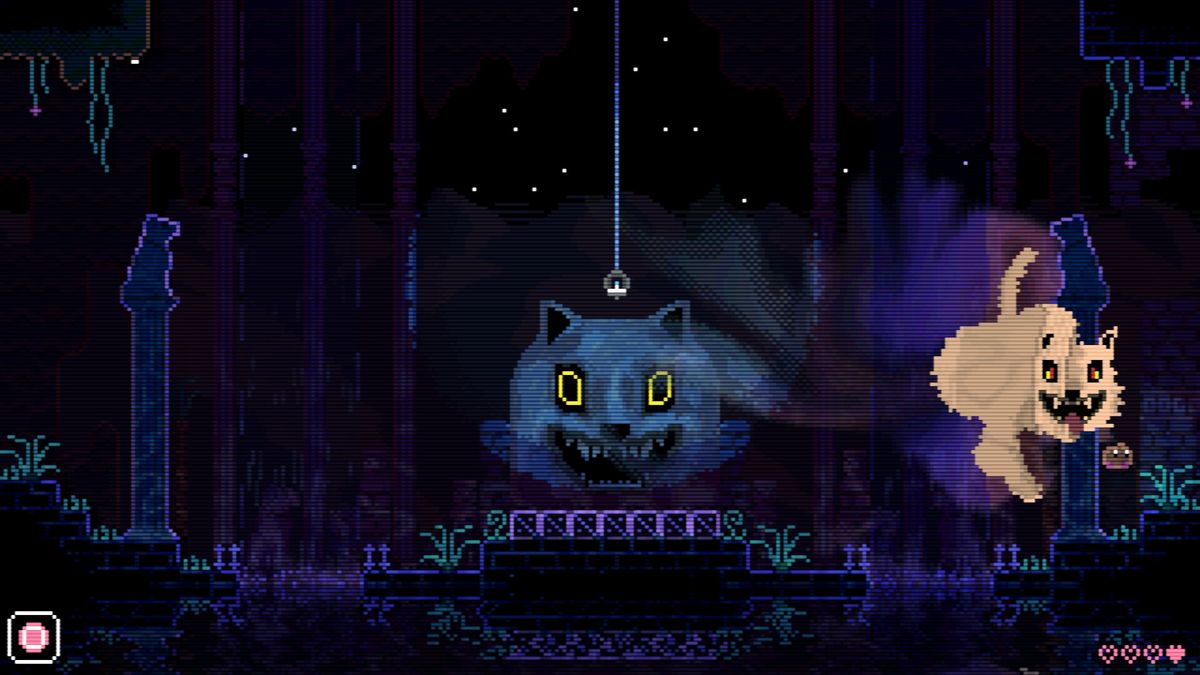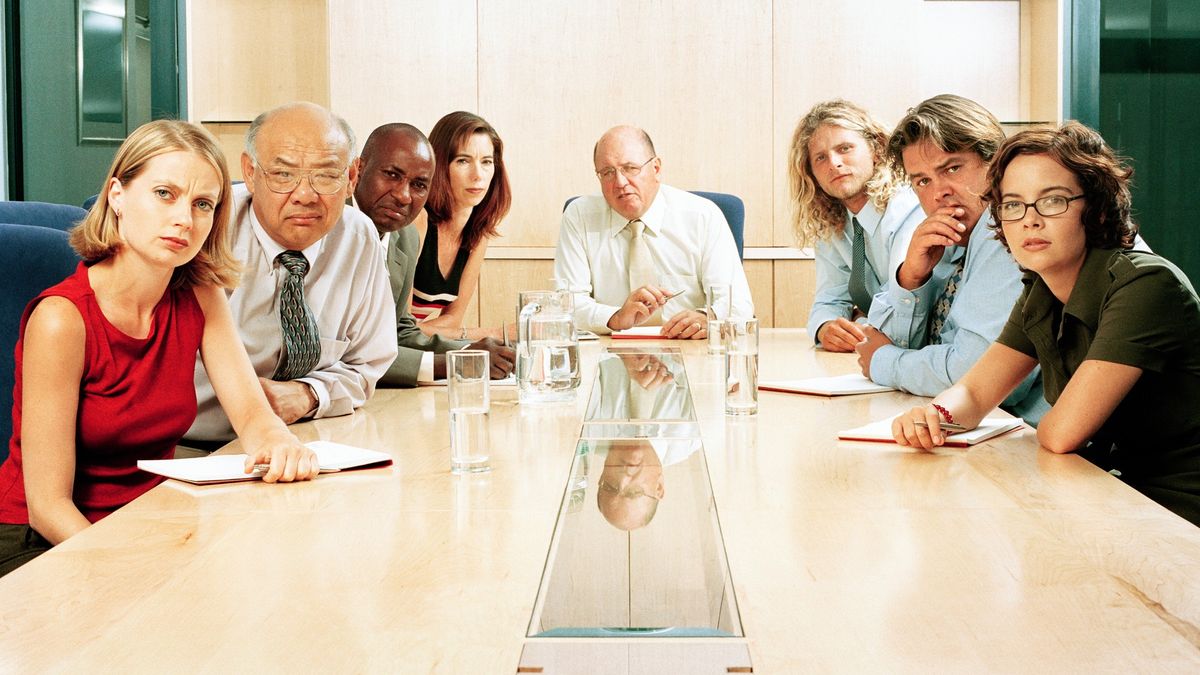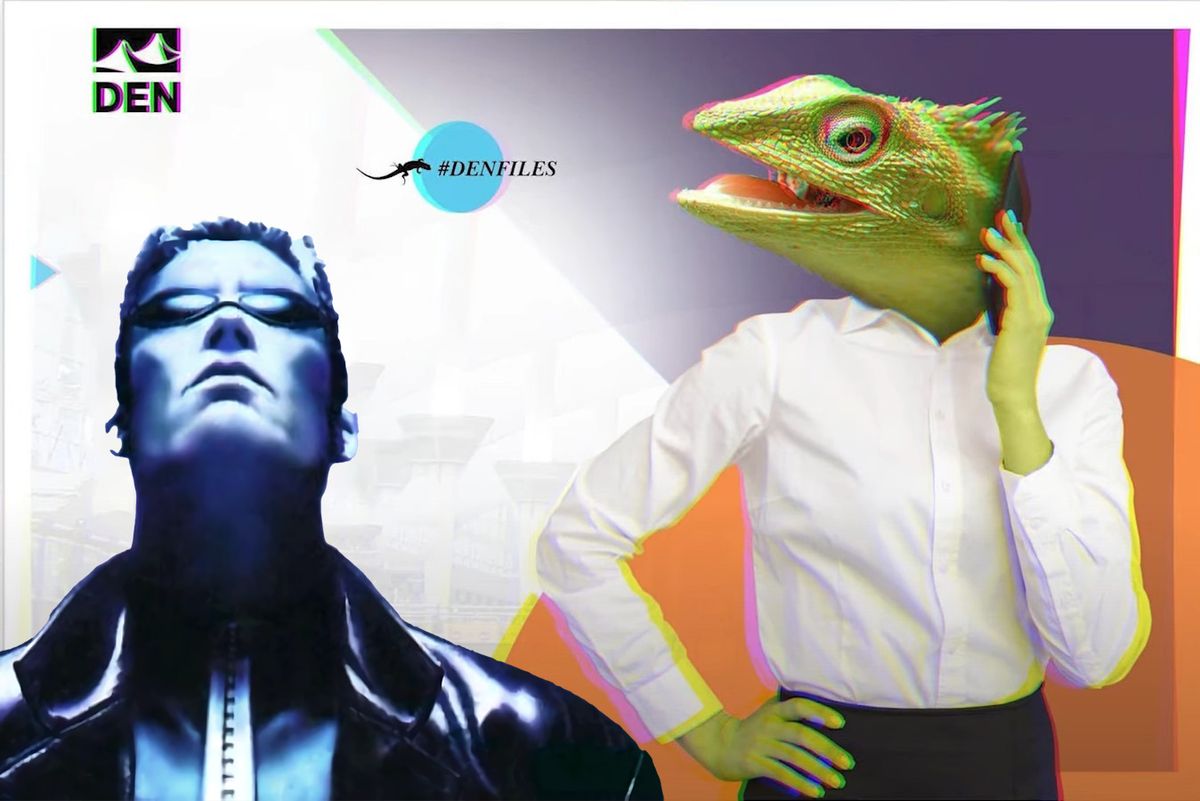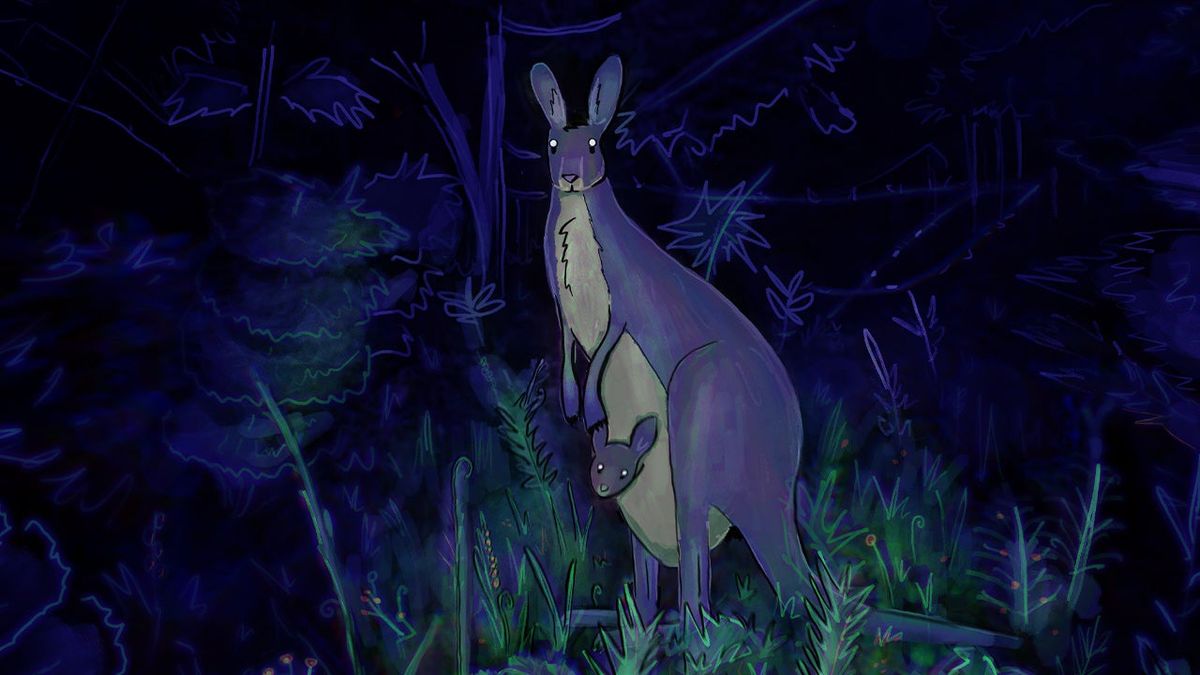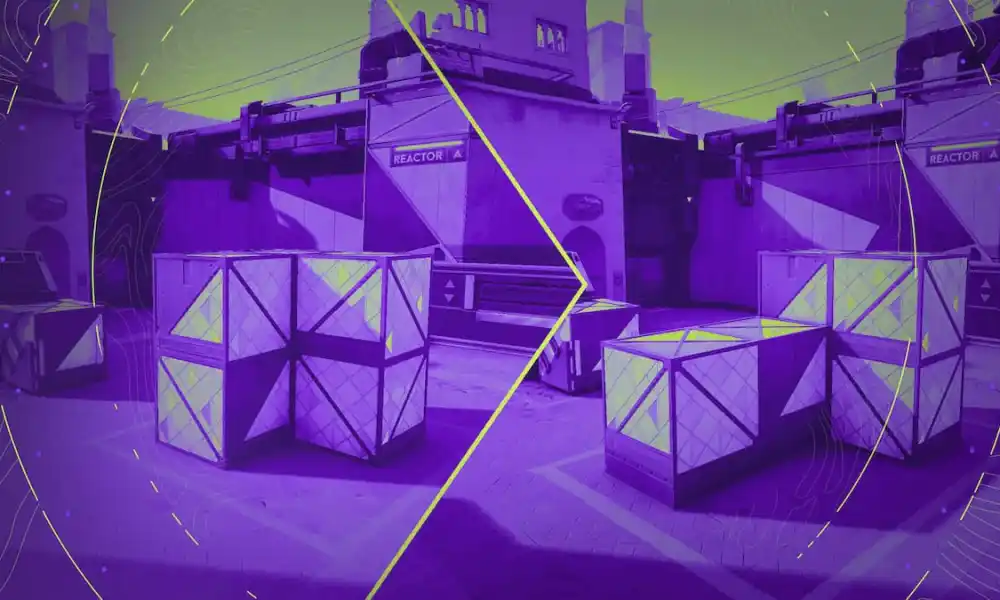One thing I've heard time and time again from fellow nerds is a lament about the lack of a space camp for adults. Many of us had big dreams of space growing up, glued to our Star Wars, Star Treks, StarCrafts, and other star-related things. Well, I've got good news and bad news. The good news is, there is a space camp for adults, and it's wonderful. The bad news is it's probably a lot more work than most people were bargaining for.
The International Space University (opens in new tab) is a worldwide learning program dedicated to space education. It holds varying levels of courses all over the world via a network of institutions, allowing people from all walks of life to get into learning about space. I was lucky enough to go check out the Southern Hemisphere Space Studies Program for a few days, during which time I spoke to students and staff to get a better idea of what these courses entail.
The Southern Hemisphere Space Studies Program is a five-week course held in conjunction with the University of South Australia, which I also learned has a flight sim setup to bring tears to your eyes. As with most ISU courses it's open to people of all genders, nationalities, backgrounds, and abilities.
Typically speaking a bachelor's degree or similar is preferred, but equivalent experience is also considered. While there, I spoke with students from all over the world, some of whom had no university qualifications at all.
These students would be working in groups to achieve incredible things, like designing and launch their own rocket and weather balloon, then analysing and learning from the data they received. It's a bit like Kerbal Space program 2 (opens in new tab) but in real life, and hopefully with a better launch than that game has had so far (opens in new tab).
Later, I sat in with a group as they worked to solve some of the problems that would be tackled for people living on the moon. They're looking into real solutions like attempting to convert regolith into radiation shielding, managing life support systems, or exploring the benefits of lava tubes. Seriously, look into lava tubes.
You can get a bit of a look into what they were up to week by week on the ISU's blog for this year's southern hemisphere course (opens in new tab).
There's a real emphasis on collaboration, with group tasks split evenly while still trying to give people the best chance to enhance their skills. Students would often be encouraged to step out of their comfort zone and have a go at something new, rather than just being pigeon-holed by whatever their existing skill set was. This also comes from the strongly held ideal that people from all sorts of backgrounds can still provide value to the greater endeavour of space study.
"Diversity is strength," James Lewis, Docking Technical Discipline Lead at NASA and Director at ISU, told me over lunch where students, staff, and even visiting presenters intermix in often elated, if quite tired, conversation. He touted the value of having different perspectives and ideas that certainly never would have seen the light of day without incorporating all backgrounds, both cultural and technological.
Not having a university education myself, but with over 10 years' experience in tech and videogame journalism, what could someone like me have to offer? Looking around the lunch table at all these dedicated students, it was hard to see a place for someone like me in all this. Lewis told me of the need for excellent communicators, marketers, inspirers and almost everything to make the industry work. It's not all astronauts and scientists, and everyone is welcome.
"The space industry is huge," Lewis explained "There are so many different kinds of roles outside of what people think. There's room for everyone."
I later found out that Lewis's title of Docking Technical Discipline Lead at NASA is no joke. He's a driving force involved with the team that developed the International Docking System Standard (opens in new tab), and he's there almost every day, more than happy to be a well of information for these curious students to mine.
With staff like that, the power of its people has to be one of the biggest draw cards of the ISU programs. I had more than a few participants tell me that these connections are the most important part of the program for those looking to get into further space work. Often I would even have students recount how one of the many speakers that visited was actually a big hero of theirs. Students of all ages would get giggly as they talked about how they were just able to sit and ask their heroes questions over dinner, and how willing these big names were to share their time and impart their knowledge.
These passionate seminars are all coming from people already working in the space field. Examples include Professor Charles Linewaver (opens in new tab), who specialises in Astrobiology among other space studies, Dr Tara Ruttley (opens in new tab), a neuroscientist who's worked at NASA around Human Exploration, and John Connolly (opens in new tab), who has worked at NASA for over 33 years and is currently working on the Artemis program to get humans back up and exploring the moon.
The International Space University courses probably aren't what many who are looking for an adult space camp might want. It's more like a series of University bridging courses that can propel a career in space industries, and as such is not only hard work but can be quite expensive, though scholarships are available. It's not necessarily going to teach you how to be an astronaut or send you into space, but it's helping those who enrol to reach for the stars however they can.

 1 year ago
99
1 year ago
99
